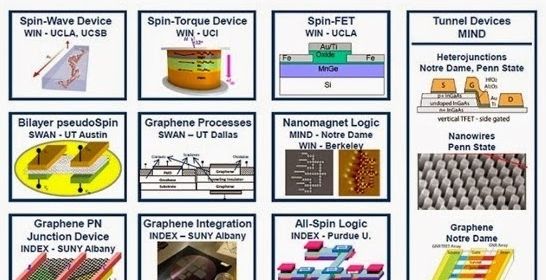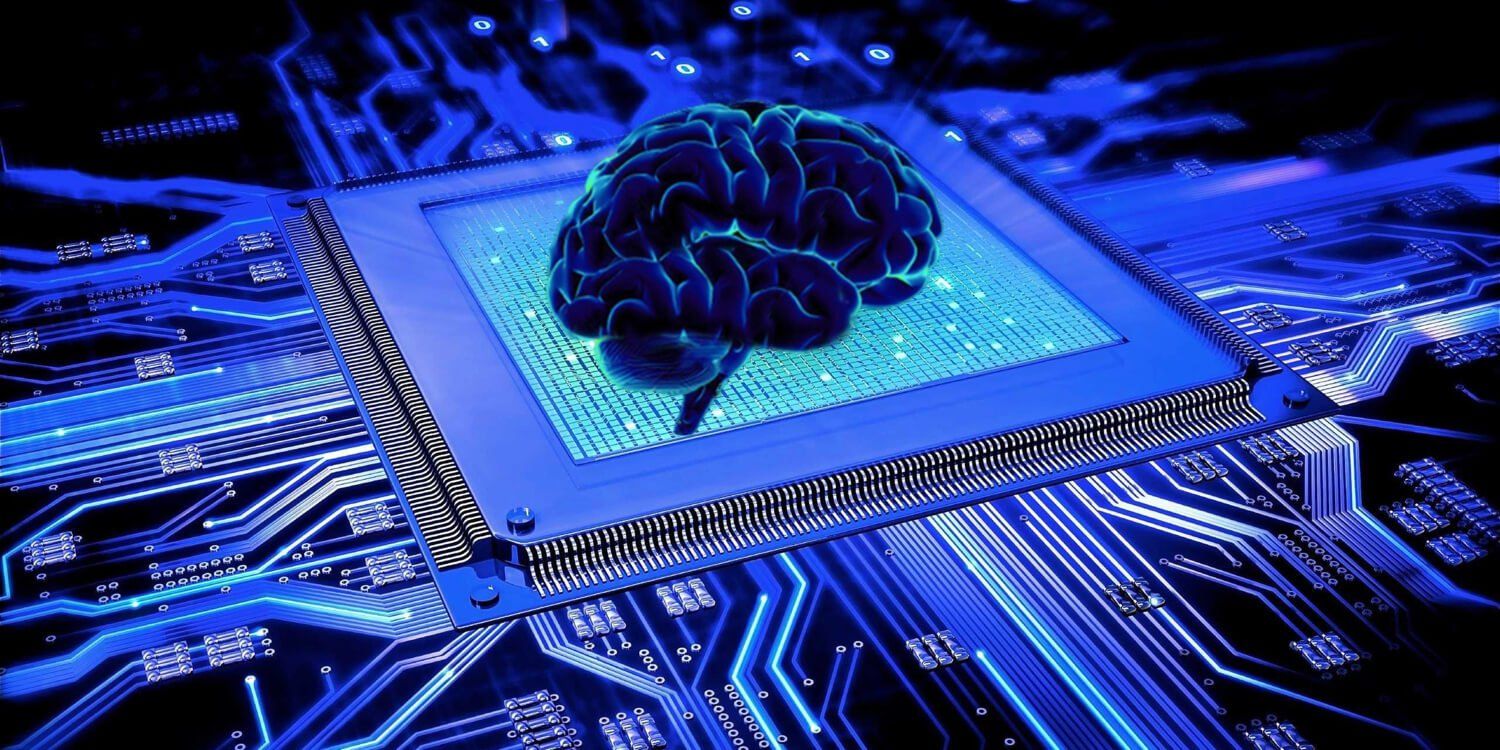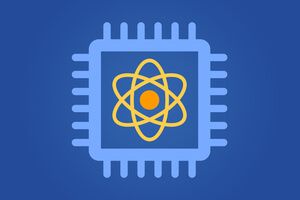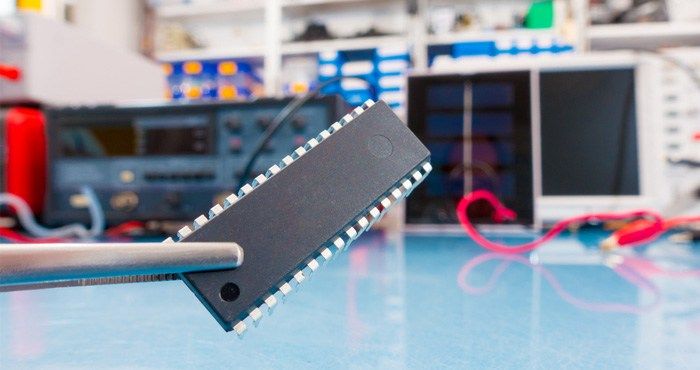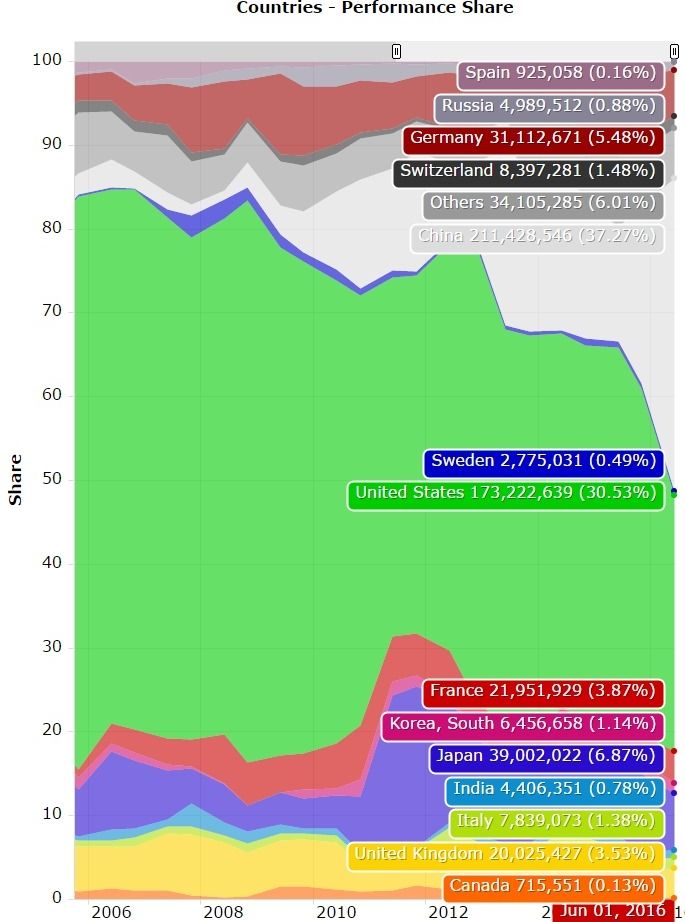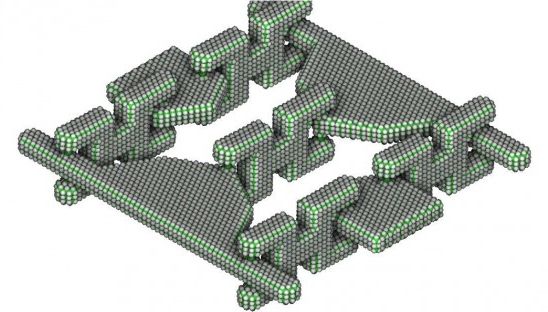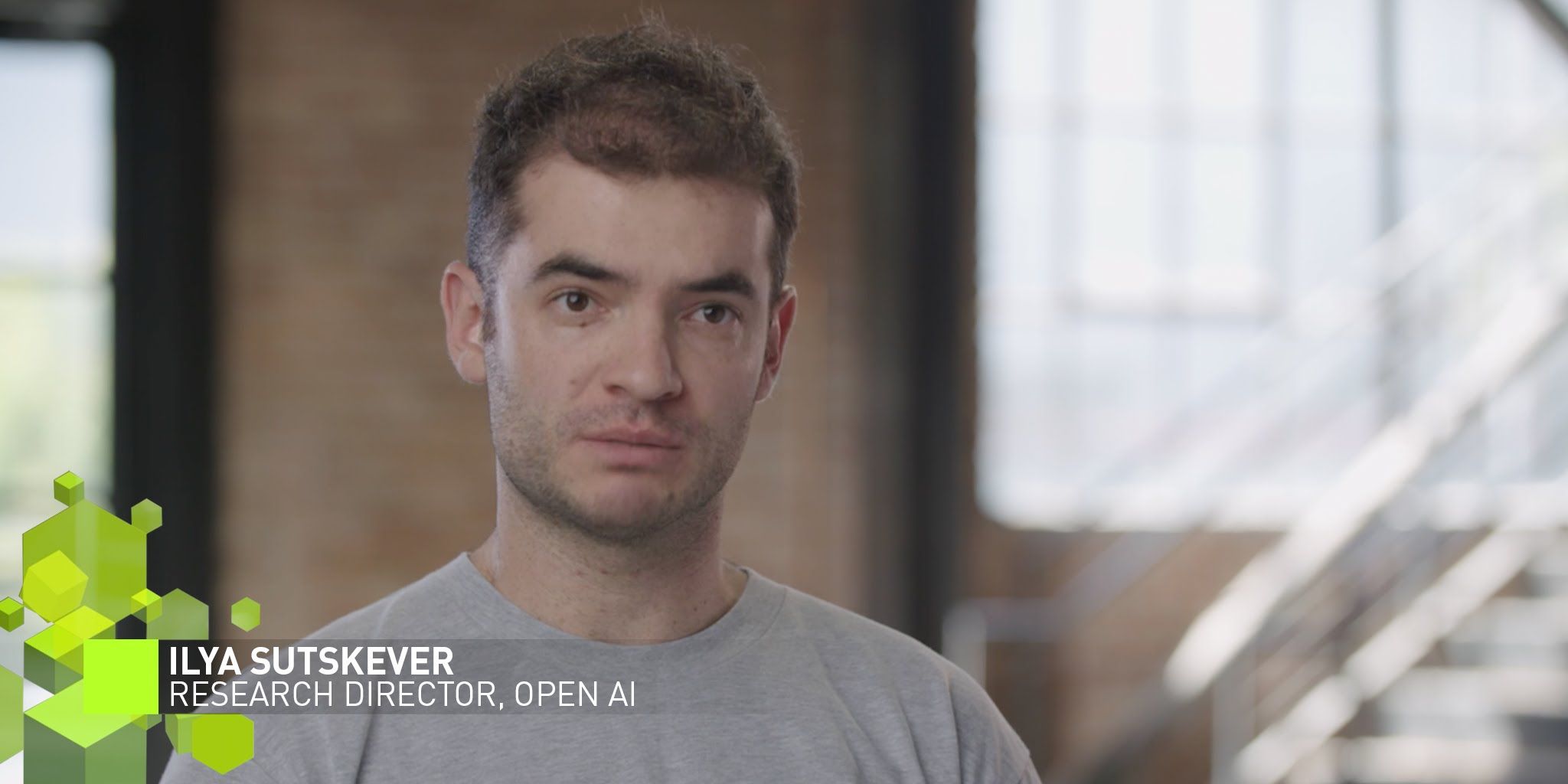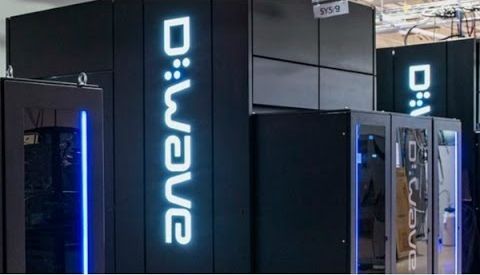Oct 13, 2016
Beyond Exaflop supercomputers will require new materials, new architectures, new memory and quantum computers
Posted by Klaus Baldauf in categories: nanotechnology, quantum physics, supercomputing
Eurolab HPC tries to assess the future disruptive technology for high performance computing beyond Exascale computers.
They survey the currents state of research and development and its potential for the future of the following hardware technologies:
CMOS scaling
Die stacking and 3D chip technologies
Non-volatile Memory (NVM) technologies
Photonics
Resistive Computing
Neuromorphic Computing
Quantum Computing
Nanotubes
Graphene and
Diamond Transistors
